The crop planning is an important activity of DSI4MTF project to get optimum level of market price. The series of farmers training as well as exposure to government departments helped the Dhaloguri (DH) and Uttar Chakowakheti ( UC ) farmers to think and cultivate differently. For successful Rabi cultivation in this season, planning meeting with […]
Category: Communities
Crop planning for Rabi (Winter) season in West Bengal

Cultivating diversity: Scientists help nurture the roots
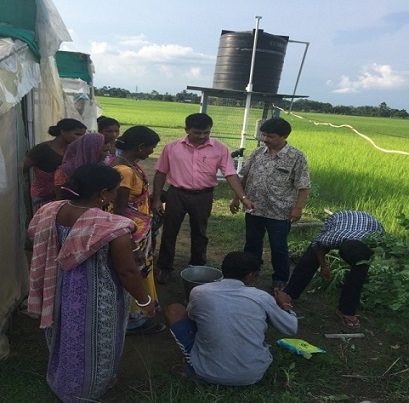
Dhananjay Ray, Rupak Sarkar, Ranjit Chatterjee and Subrata Majumdar CDHI and UBKV have been leading a dynamic process of engagement with the communities of Uttar Chakwakheti (UC) West Bengal. The attached article demonstrates the importance of the engagement process, and how technological improvements are now building confidence in marginal and small farmer collectives. The process […]
Flood Situation in Bihar
Overview of Bihar Flood This year, 18 out of the 38 districts of Bihar are heavily devastated by flood. Approximately 12.6 million people in 1,965 panchayats of 171 blocks in the state are impacted. Total loss of human life due to the flood reached 253 (Times of India report, dated 21/08/17). Crop and livestock loss […]
Mid-Point Update from Saptari
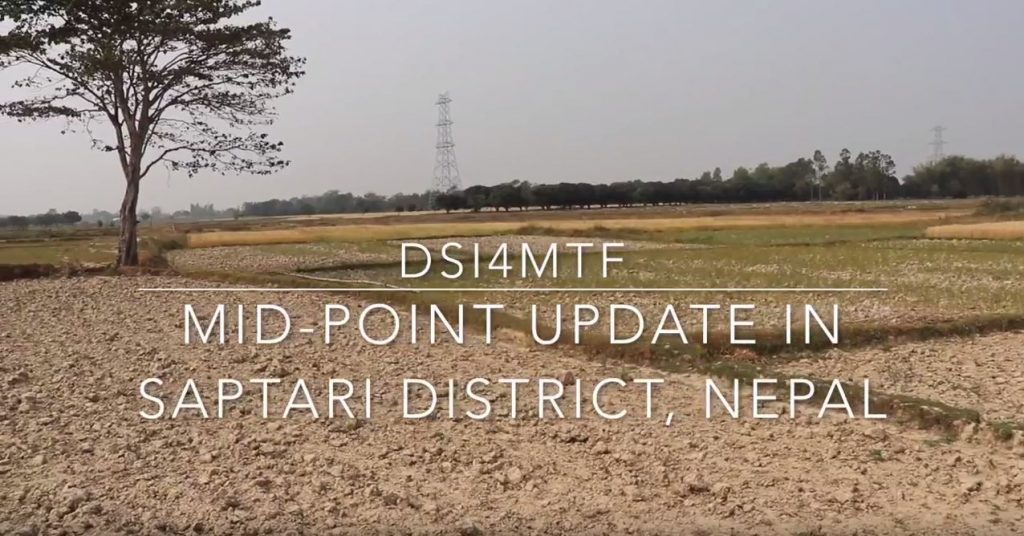
An update from the field in Saptari at the midpoint of the project shows that there have been significant changes to the way farmers in the intervention villages are cropping in the dry season. These changes are increasing production and allowing farmers to make more profit from each field. The blend of social and technical […]
Landline program online
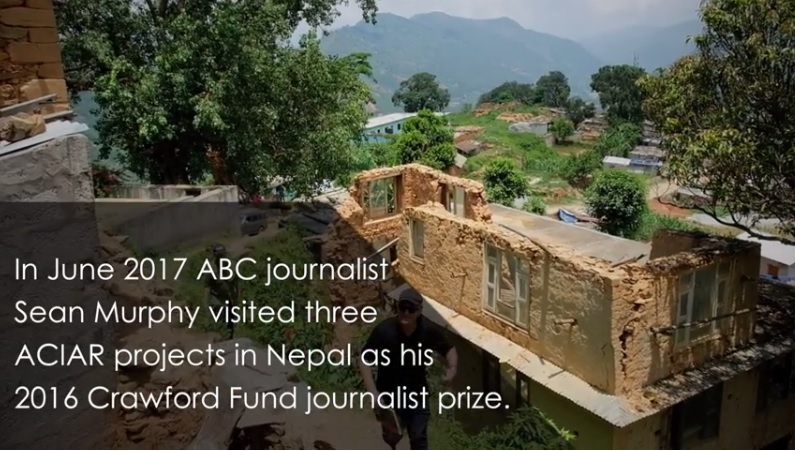
The Australian TV program Landline recently paid a visit to Nepal to do a feature on the research for development programs that ACIAR are undertaking in the region. The program covered: New forestry aid projects, with local partners developing better forest management practices to help villagers improve their livelihoods and food security Conservation farming projects […]
Reflections from Farmers’ Collective Meeting, Madhubani, February 2017
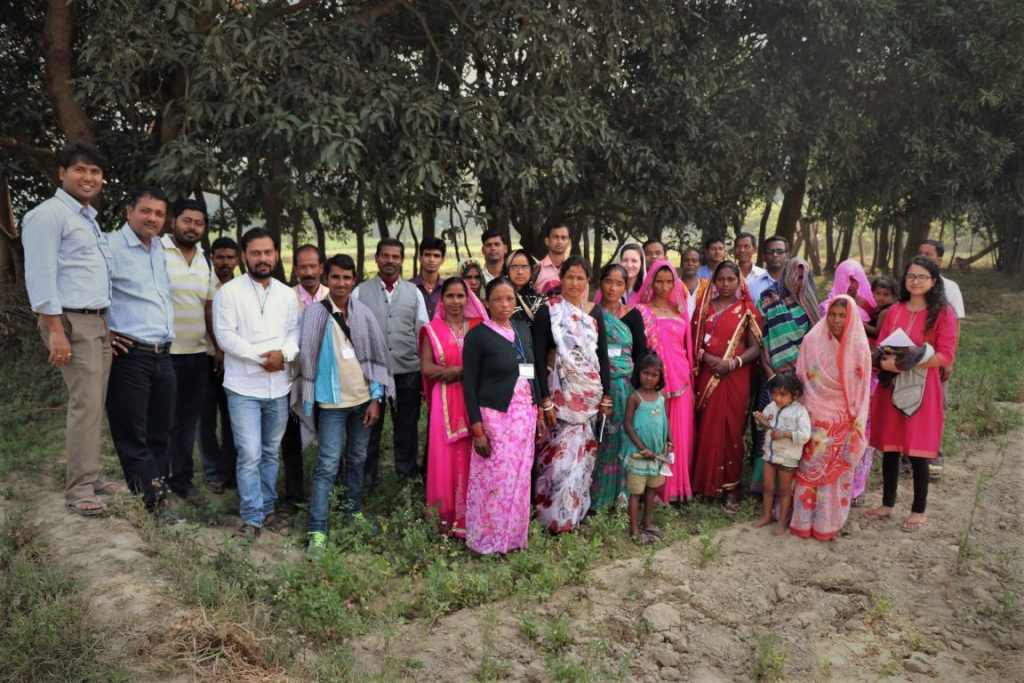
Authors M Raut, A Reckers, R Bastakoti The idea Too often, development work can feel light years away from project beneficiaries. Even well-intentioned field visits, no matter the amount of sunburn and bug bites we bring back to the office, can end up as an affirmation tour of researchers’ pre-existing beliefs. We, a team of […]
The power of the marginal: Institutions and technology as the game changers
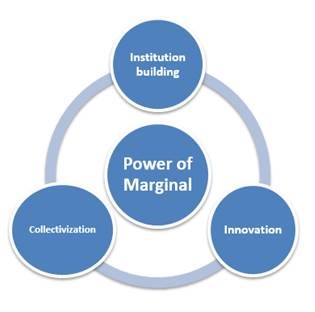
Dhananjay Ray, Subrata Majumdar, Mitali Ghosh and Rajeshwar Mishra The CDHI team have been working closely with marginal farmers from Dholaguri and Uttar Chakoakheti to improve our understanding of the role of institutions, innovation, technology and collectivization as communities adapt to sustainable dry season agriculture. A posting to the web site in January 2017 […]
Further development of smart apps for data collection and decision support
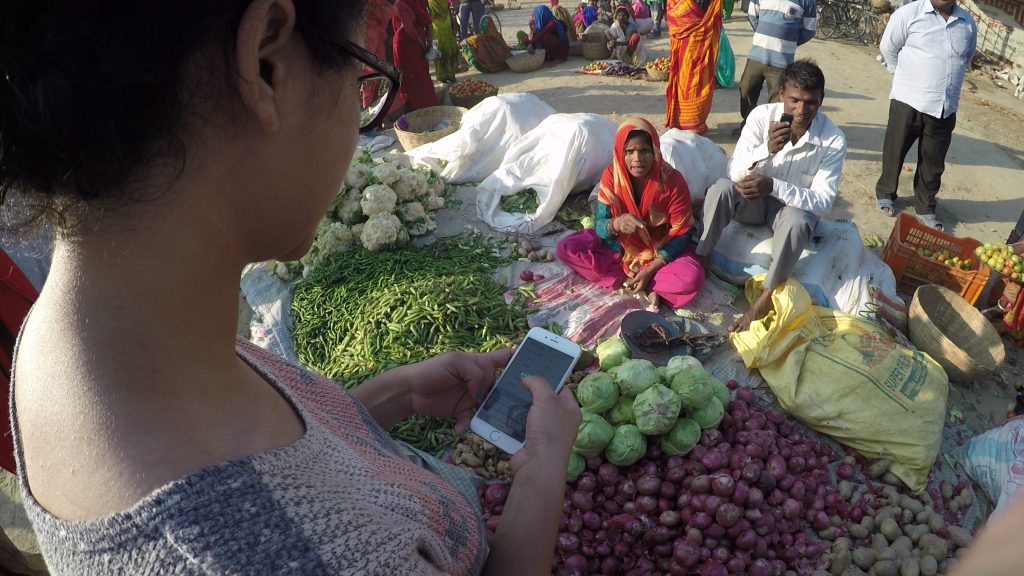
Mobile technology is becoming commonplace in all industries and agriculture is no exception. While the number of farmers with smartphones in the project intervention villages is still very low, this will not always be the case. The DSI4MTF project team are continuing to develop a suite of mobile friendly applets. The applets are still in […]
Training on ‘maintenance of Drip and Sprinkler systems’ conducted at Bhagwatipur
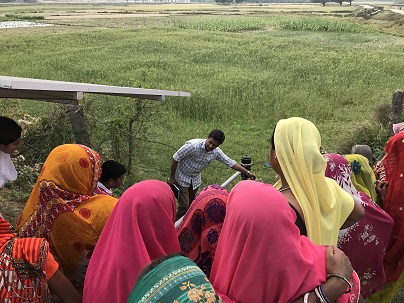
With the introduction of interventions on solar pumping, drip and sprinkler irrigation, the agricultural production systems in the project villages are getting intensified. New crops are introduced, better irrigation schedules are adopted, improved cultivation practices like raised bed with polythene mulch are practiced. However, the major challenge for the farmers was to maintain the drip […]
New Documentary: Participatory Gender Training- Experiences from Nepal
The recently published gender training manual, titled “Participatory gender training for community groups gender training for community groups“, now has an accompanying documentary about its usage in western Nepal. The short film follows community mobilizers as they facilitate the manual’s activities and discussions for groups of farmers. The community mobilizers generate critical discussions on gender […]
Sorry, no posts matched your criteria.





